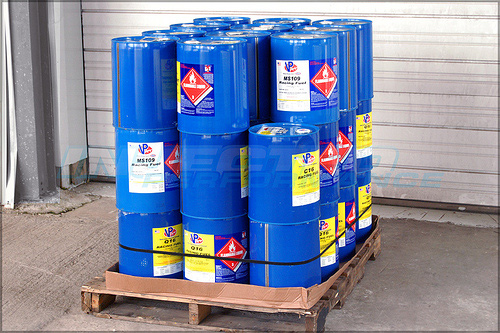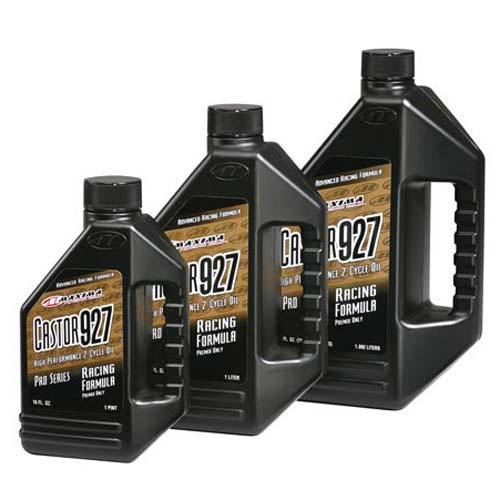Ask the Editors Week of July 4 2011
Hello ATV Connection readers! Here’s your chance to get some expert advice from our crack editorial staff. If you have an ATV related question, create a forum account (if you don’t already have one) then start a new thread in our Ask the Editor section. It’s easy, informative, and fun!
So, without further ado, here are this week’s questions…
Dear ATVC: I’m thinking of getting into competing locally in some ATV/UTV events and was wondering if running race gas is a performance enhancer to consider?

The short answer is no. Unless you’ve done engine modifications that significantly increased the compression within your machine’s cylinder(s), pump gas is perfectly adequate whether you are cruising the trails, conquering a mud pit or racing competitively.
The long answer stems from the fact that the manufacturers realize this is the real world and aren’t about to create OEM hardware that requires its owner to run fuel that costs close to per gallon.
A very common misconception in most powersports is that a higher octane rating in gasoline means more performance output. The fact of the matter is that octane is a unit of measure specific to the fuel’s ability to resist engine knocking (pre-detonation).
The reason many tuners are forced into running high-octane fuel after extensive engine modification (specifically if the mods in question involve the ignition itself, increased compression or changes to the porting) is that pre-detonation of the fuel is an unwanted side-effect. To keep the gas from detonating early, higher octane ratings become necessary just to keep the engine operating properly.
There is, however, some truth to the notion that gasoline containing higher concentrations of oxygen can increase horsepower output. The reason for this is that in the instant of fuel ignition, excess oxygen molecules allow for a more efficient and thorough flame across the piston’s top surface area.
However, in conclusion, even the couple horsepower gains than can be had by running super oxygen enriched racing-blends are very difficult to justify on an amateur racer’s budget. From a cost perspective, modifications such as freer flowing exhaust make far more sense, as they are one-time investments that can yield as much, if not more, gains in usable horsepower.
Dear ATVC: I heard that it’s unwise to run castor oil through a recently rebuilt 2-stroke Honda TRX-250R. I have been using Maxima Castor 927 for years without trouble. Should I switch to Mobil-1?

Truthfully we wouldn’t place too much concern in swapping 2-cycle oil. The reason castor oils in general are frowned upon is that have a reputation for gumming up the moving parts within a 2-stroke’s top end. However, this rep is largely based upon the oils of years ago, long before the mastery of synthetics and complex molecule chain manipulation that allows today’s oils to burn much cleaner.
Castor (bean oil) is still without rival in terms of its sealing abilities, and a high revving 2-stroke’s piston/rings benefit greatly by this additional seal. The Maxima 927 should give you no trouble whatsoever in terms of goo-ing up your ATV’s engine internals and is likely preventing unwanted compression loss in the process.
Do you have a question? Submit it by clicking here!
